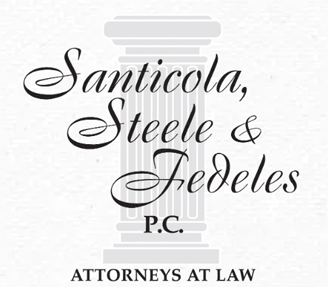The legal system aims to prevent crime and other tragedies by making certain conduct illegal. Statutes prohibiting certain types of conduct and imposing specific penalties for violations of the rules can deter some people from criminal activity. The law can also provide those harmed by the actions of others with the right to take legal action.
Sometimes, after a tragedy occurs, people attempt to change state or federal laws. Deana’s Law is a perfect example. After a fatal drunk driving collision in 2019, advocates and lawmakers worked together to update Pennsylvania’s impaired driving statutes.
Deana’s Law is a relatively new statute that creates consequences for those accused of repeat impaired driving offenses in Pennsylvania. Someone arrested for a third or subsequent driving under the influence (DUI) infraction may face additional consequences because of Deana’s Law.
What new rules did Deana’s Law implement?
Deana’s Law takes its name from Deana DeRosa Eckman, a 45-year-old woman killed in a drunk driving incident. The motorist operating the vehicle that caused the deadly crash had multiple prior DUI convictions and a blood alcohol concentration (BAC) of more than twice the legal limit.
Deana’s Law applies in scenarios where someone arrested for an impaired driving violation has multiple prior DUI convictions on their record. If someone who gets arrested for a DUI with a BAC twice the legal limit or higher, refuses a breath test or is under the influence of drugs has at least two prior convictions, the law may influence their sentence.
Someone with two or more prior offenses could face third-degree felony charges, which could mean up to seven years in prison and $15,000 in fines. Someone with three or more prior DUI charges could face a second-degree felony that carries up to 10 years in prison and $25,000 in fines.
Deana’s Law is important for someone to know about after their third arrest, but it may also influence how people respond to a first or second DUI charge. Avoiding an initial conviction makes it less likely that someone could face enhanced penalties in the future. Tracking the changes to Pennsylvania’s criminal code may benefit those who regularly drink or who have recently been arrested during a traffic stop.
